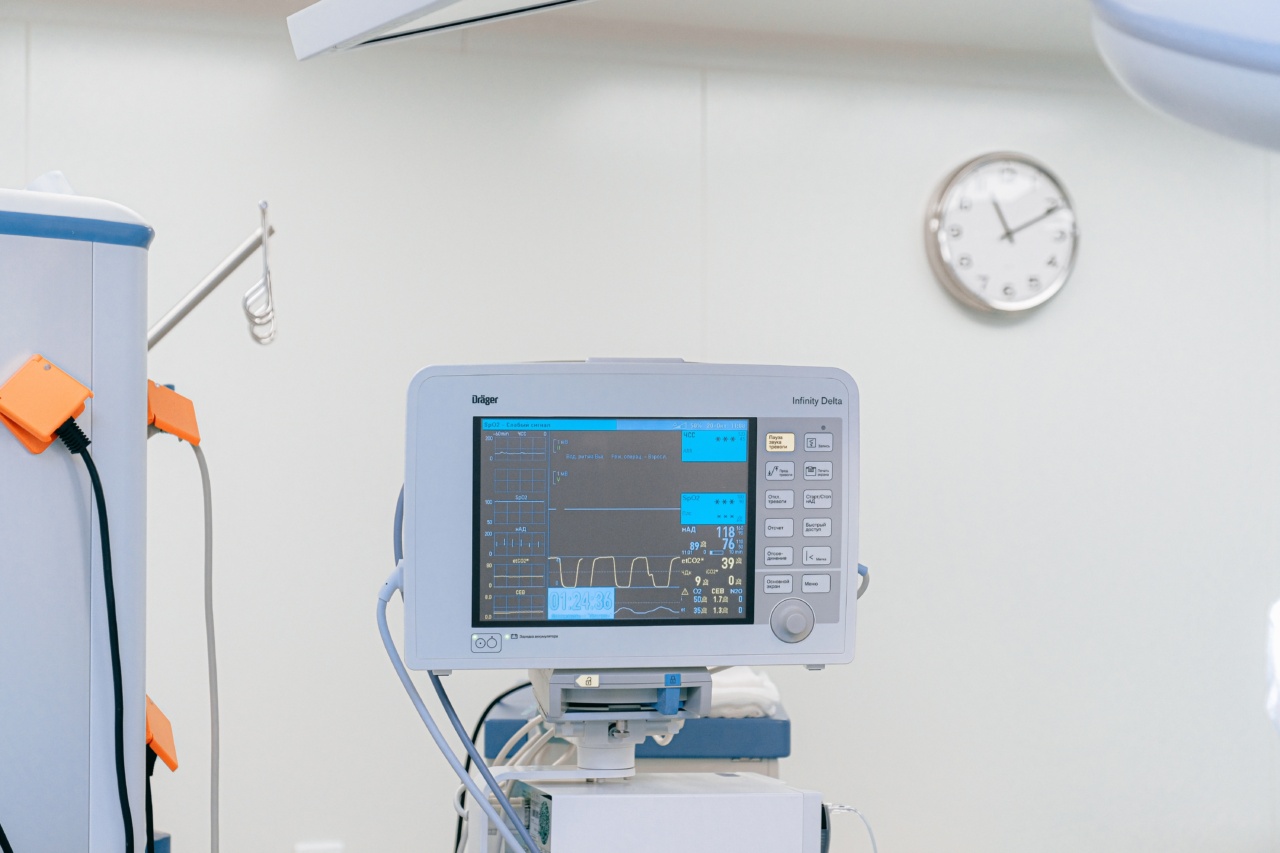As people age, it’s not uncommon to experience memory lapses or occasional confusion. However, the signs of dementia can be more noticeable and frequent, and they can start affecting daily life.
Dementia, a group of symptoms that affect cognitive functioning, can be caused by various underlying conditions, such as Alzheimer’s disease, Parkinson’s disease, or vascular dementia. While there’s no known cure for dementia, early intervention and treatment can help manage the symptoms and slow down the disease’s progression. Here are some signs to look out for that may indicate dementia before a formal diagnosis:.
1. Memory Loss
One of the most apparent signs of dementia is memory loss that interferes with daily activities. This could mean forgetting recent events or conversations, asking the same questions repeatedly, or relying heavily on memory aids like notes or reminders.
Forgetting important appointments or tasks can also be a red flag, especially if the memory loss is consistent and severe.
2. Difficulty with Language
People with dementia may have trouble finding the right words, expressing their thoughts clearly, or following a conversation. They may substitute other words or use vague phrases instead of specific terms.
Sometimes, they might forget the meaning of familiar words or repeat themselves due to confusion.
3. Disorientation and Confusion
Dementia can cause disorientation and confusion in time and place. Someone with dementia may get lost in familiar surroundings, forget where they are or how they got there, or have difficulty following directions or routines.
They might also confuse people, objects, or events, and perceive them differently from reality.
4. Difficulty Completing Familiar Tasks
People with dementia may struggle to complete tasks that they used to do regularly, such as cooking, cleaning, or driving.
They may forget the steps or sequence of actions, struggle with hand-eye coordination or depth perception, or have trouble using everyday objects. They may also lose interest in hobbies or activities that they once enjoyed due to the frustration or difficulty involved.
5. Poor Judgment and Decision-Making
Dementia can impair judgment and decision-making abilities, making someone vulnerable to scams, financial exploitation, or risky behavior.
People with dementia may struggle to evaluate risks and benefits, recognize consequences, or assess their own abilities accurately. They might also make impulsive or inappropriate choices, especially in social situations.
6. Mood Changes and Personality Shifts
Dementia can affect someone’s mood and personality, leading to unusual behavior or emotional ups and downs. They might become more irritable, paranoid, agitated, or withdrawn, or show less interest in socializing or communicating.
They might also exhibit personality changes that differ from their previous temperament or values, such as becoming more aggressive, apathetic, or disinhibited.
7. Loss of Initiative and Motivation
People with dementia may lose their initiative and motivation to engage in daily tasks or social life. They might sit for hours without doing anything, neglect personal hygiene, or avoid hobbies or interests that require effort.
They might also become less responsive to stimuli or people around them, showing a passive or indifferent attitude.
8. Sleep Problems
Dementia can affect sleep patterns, causing insomnia, daytime napping, or frequent awakenings. They might also exhibit restlessness, sleepwalking, or nighttime agitation, which can disturb the caregiver or household.
Sleep problems can also exacerbate other symptoms of dementia, such as mood changes or cognitive impairment.
9. Vision and Perception Difficulties
Some types of dementia, such as Lewy body dementia or posterior cortical atrophy, can affect vision and perception. They might see illusions, hallucinations, or objects that are not there, or have difficulty recognizing faces, colors, shapes, or size.
They might also struggle with depth perception, spatial orientation, or hand-eye coordination, making daily tasks more challenging.
10. Movement and Mobility Limitations
Some forms of dementia, such as Parkinson’s disease dementia or Huntington’s disease, can affect movement and mobility. They might have tremors, stiffness, or slowness, making it hard to perform tasks that involve coordination or balance.
They might also experience falls, injuries, or accidents due to impaired motor abilities.
If you or someone you know is experiencing these signs, it’s essential to seek medical attention and get a proper diagnosis.
While dementia cannot be cured, early intervention and treatment can help manage the symptoms and improve quality of life for both the person with dementia and their caregivers. Awareness and understanding of the signs of dementia can also promote a more compassionate and supportive society for those affected by this condition.



























